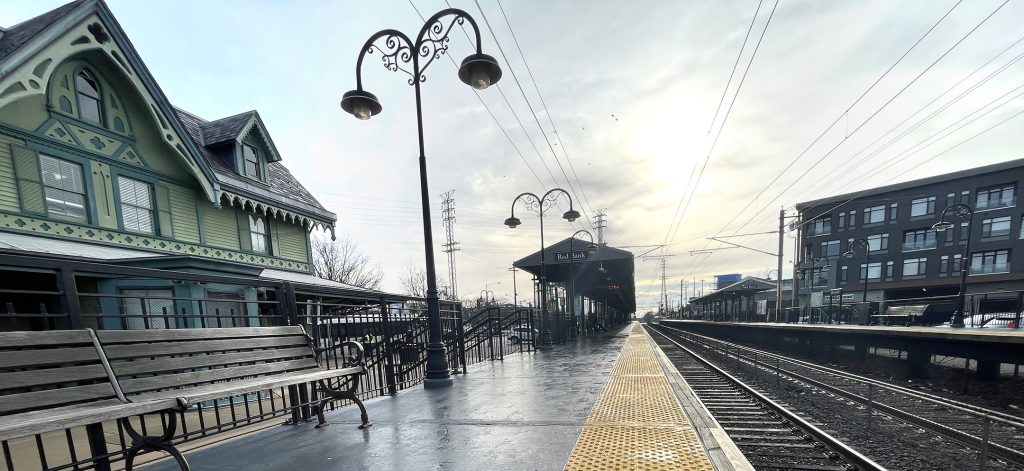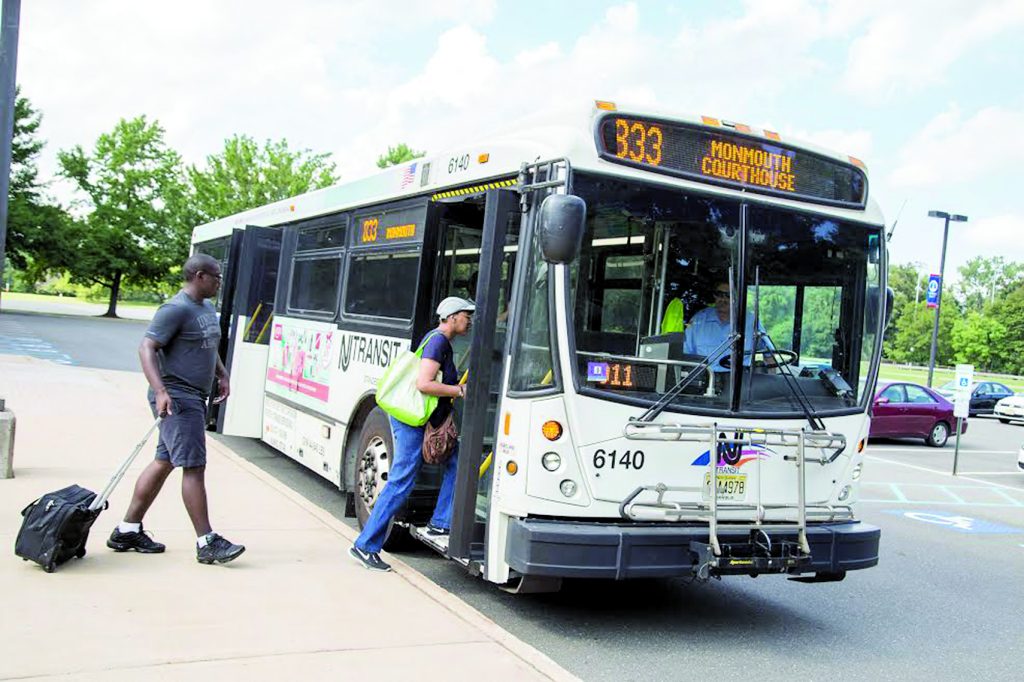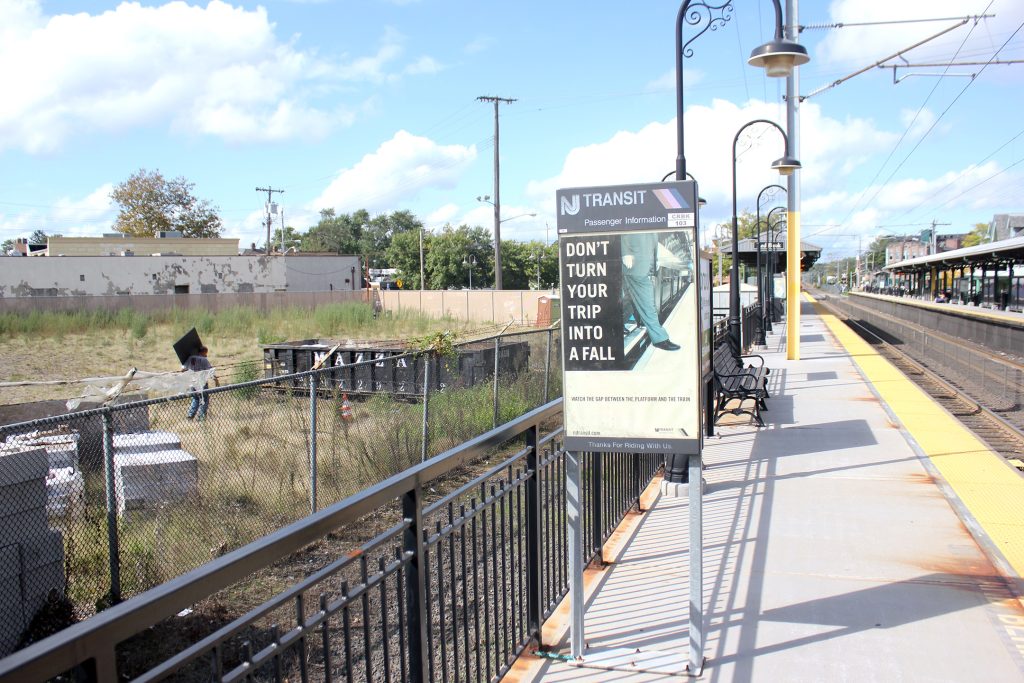
By Stephen Appezzato
Traveling throughout New Jersey and into New York City for work or leisure might get a whole lot pricier. In anticipation of the rollout of the Metropolitan Transportation Authority’s (MTA) Central Business District Tolling Program, known as congestion pricing, New Jersey Transit (NJT) has proposed its own fare increases to address a severe budget deficit.
MTA’s congestion pricing strategy has been in the works for years. While it was delayed by at least four lawsuits, if all goes to plan, the program is expected to take effect in mid-June.
Officials proposed congestion pricing to raise an extra $1 billion per year, which will fund upgrades to subway, bus and rail systems. The plan will charge drivers a fee for entering Manhattan’s central business district – below 60th Street – from 5 a.m. to 9 p.m. on weekdays and 9 a.m. to 9 p.m. on weekends. For a passenger vehicle, the toll will be $15.
Transit officials say congestion pricing will help ease Manhattan gridlock, reduce pollution and improve transit services.

Public comment sessions on the plan concluded March 4, how- ever comments can still be submitted online, by email, mail, phone and fax through March 11. More information can be found on the MTA website.
Many New Jersey legislators have voiced concerns about congestion pricing and the financial burden it will impose on residents. On March 4 Gov. Phil Murphy formally submitted written comments on behalf of the state, claiming the congestion pricing “scheme” might be unconstitutional, ill-conceived and ill-considered. Last year, the State of New Jersey filed a lawsuit in federal court against the MTA and its tolling plan.
Locally, Monmouth County Commissioner Director Thomas Arnone joined other elected officials across the state in submitting a letter of opposition on behalf of the county body to MTA CEO Janno Lieber Feb. 26.
In his letter, Arnone said the program “punishes the many residents from Monmouth County and throughout New Jersey who work and visit New York City.”
Arnone pointed out that many Monmouth County residents visit New York City and “to levy an additional cost to what can already be an expensive experience will deter visitors from enjoying all New York City has to offer.” Furthermore, Arnone noted many residents who work in the city do not have a choice in the matter, calling it an “unfair and expensive policy” and “an economic disaster.”

Commuter price increases won’t stop at 60th Street, though. Within the Garden State, NJT officials are considering their own price hikes to address a $119 million budget deficit the organization projects for fiscal year 2025. The transportation authority proposed a 15% hike in fares beginning July 1, followed by indefinite 3% increases each year for those riding its buses and trains.
In January, NJT revealed that ridership has returned to only 80% of pre-COVID-19 pandemic levels. This nearly five-year downturn in ridership saw the organization lose almost $2 billion in revenue. NJT said it was awarded and “responsibly used” federal COVID relief funding for multiple years to maintain service levels, but this funding will run out in 2025.
“The COVID pandemic exacerbated the agency’s structural funding deficit that has existed since NJ TRANSIT was created more than 40 years ago,” a release read.
For adult passengers taking a one-way train trip from Little Silver or Red Bank to New York Penn Station, tickets will be $18.40 instead of $16 next year. For bus passengers traveling locally, a one-way trip will cost $1.80 instead of $1.60.
Additionally, officials have floated a new corporate “transit tax,” equating to 2.5% of all earnings, for companies generating more than $10 million annually. In a statement Murphy explained this tax would generate revenue without placing new burdens on small- and medium-sized businesses, although some are concerned this will deter corporations from moving to New Jersey.
The proposed fare hikes are the first in nearly a decade and, unsurprisingly, have been met with skepticism. Public hearings on the price increases occurred from March 4 to March 8 in person in 10 different cities. However, petitions are circulating online which call for a virtual option for those who could not attend a meeting.
“They should have a virtual option, and they should make sure they’re at all different times and days,” said state Sen. Vin Gopal (D-11).
In an interview with The Two River Times, Gopal described the fare hikes as “very regressive.”
“I don’t believe NJ Transit has seen an improvement in services. I don’t think it’s going to help with ridership. I think it’s the worst kind of tax we could do right now,” Gopal said. “It’s too regressive and we want to increase ridership, not decrease it,” he added.
The decision to increase ticket fares will be made in April through an NJT board vote.
Regarding the floated corporate transit tax, Gopal said he was open-minded but not ready to judge the tax.
“I haven’t seen it yet. I want to see exactly who it affects; I want to talk to some of those companies. I want to have a better understanding,” he said.
“From what I understand, that was a tax that we used to have that was cut until recently. So, I’d like to learn a little bit more about it. I’m open-minded, but I want to see how it’s going to affect our economy,” Gopal said.
State lawmakers will ultimately decide the transit tax during 2025 state bud get negotiations. The budget must be approved by June 30.
The article originally appeared in the March 7 –March 13, 2024 print edition of The Two River Times.














